Coriander Seeds (Coriandrum sativum) are a popular and widely used spice in cooking and traditional medicine. This plant is recognized both as a fragrant spice and as a medicinal herb. Below is a comprehensive description of coriander seeds:
Definition and Origin of Coriander Seeds:
- Definition: Coriander, also known as coriander seeds or coriander grains, are the seeds of the plant Coriandrum sativum. These seeds are used as a spice in cooking and as a medicinal ingredient.
- Origin: Coriander is native to Mediterranean and Middle Eastern regions and is now cultivated in many parts of the world, including Asia, Europe, and South America.
Botanical Characteristics of Coriander Seeds:
- Height: The coriander plant typically grows to a height of 30 to 60 centimeters.
- Leaves: The leaves of coriander are serrated and green, possessing a unique aroma and flavor.
- Flowers: The flowers of this plant are small and white or pink, appearing in the summer.
Chemical Composition of Coriander Seeds:
Coriander seeds contain beneficial compounds, including fatty acids, vitamins (such as vitamin C and vitamin K), and minerals (such as iron and manganese). Additionally, these seeds contain aromatic compounds like linalool and alpha-terpinene, which have antibacterial and anti-inflammatory properties.
Properties and Applications of Coriander Seeds:
- In Traditional Medicine: Coriander is used as a natural remedy for digestive issues, such as bloating, diarrhea, and indigestion. It is also recognized as a disinfectant and a calming agent.
- In Food Industry: Coriander seeds are used as a spice in various dishes, especially in stews, salads, and Asian and Mediterranean cuisines. Their unique aroma and flavor enhance the freshness and enjoyment of food.
- In Pharmaceutical Industry: Extracts of coriander are utilized in the production of dietary supplements and herbal medicines.
Cultivation and Care of Coriander Seeds:
Coriander is typically grown in well-drained soils and sunny locations. This plant prefers a temperate climate and requires regular watering. Coriander seeds can be sown directly in the ground, usually in spring and summer.
Side Effects and Precautions of Coriander Seeds:
Coriander seeds are generally considered safe; however, they may cause sensitivity or allergic reactions in some individuals. Excessive consumption may lead to gastrointestinal discomfort.
Conclusion:
Coriander seeds are a fragrant and beneficial spice with numerous applications in traditional medicine, the food industry, and pharmaceuticals. Their therapeutic properties and unique aroma and flavor have made them one of the most popular spices and medicinal herbs.

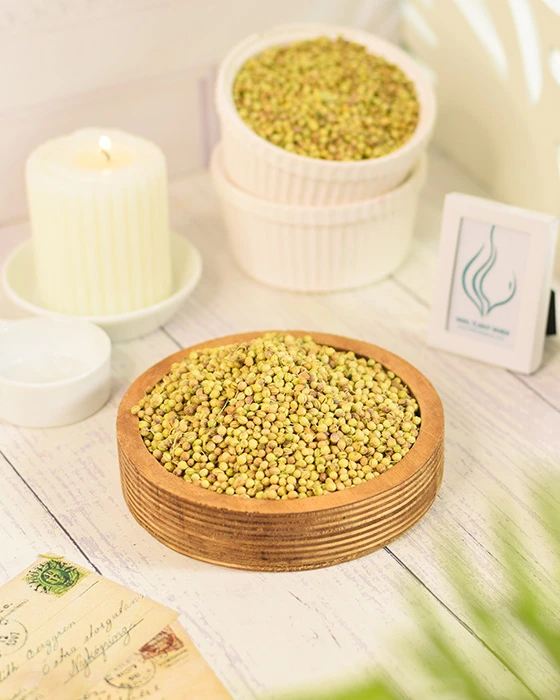
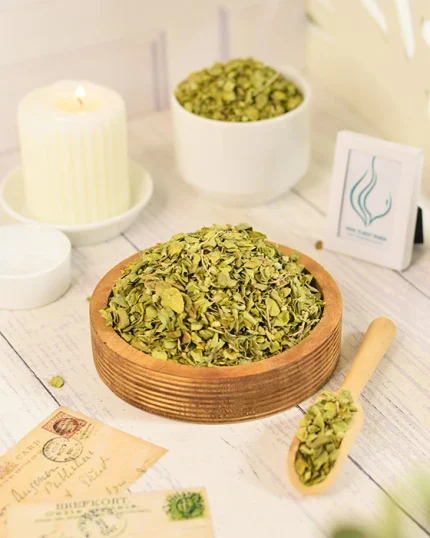
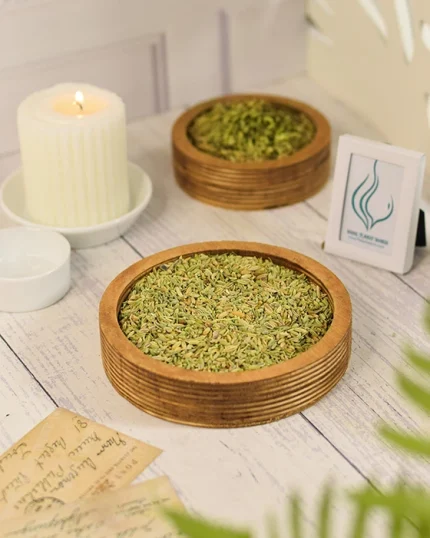
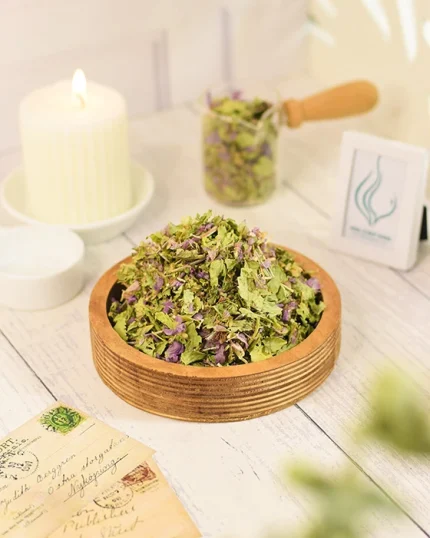
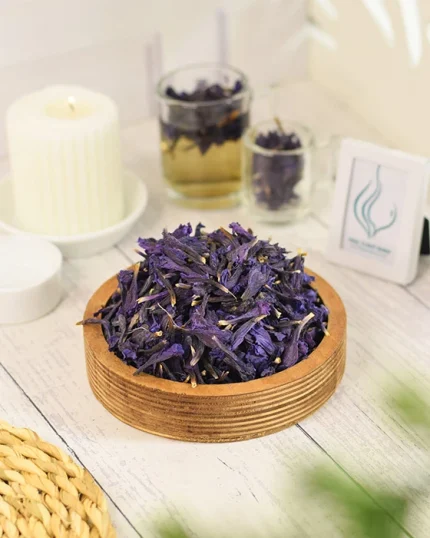

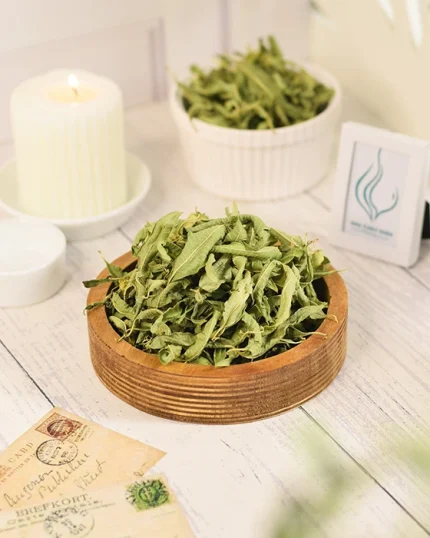
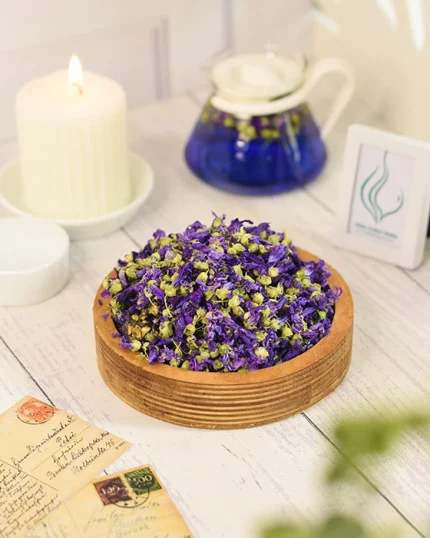
Reviews
There are no reviews yet.